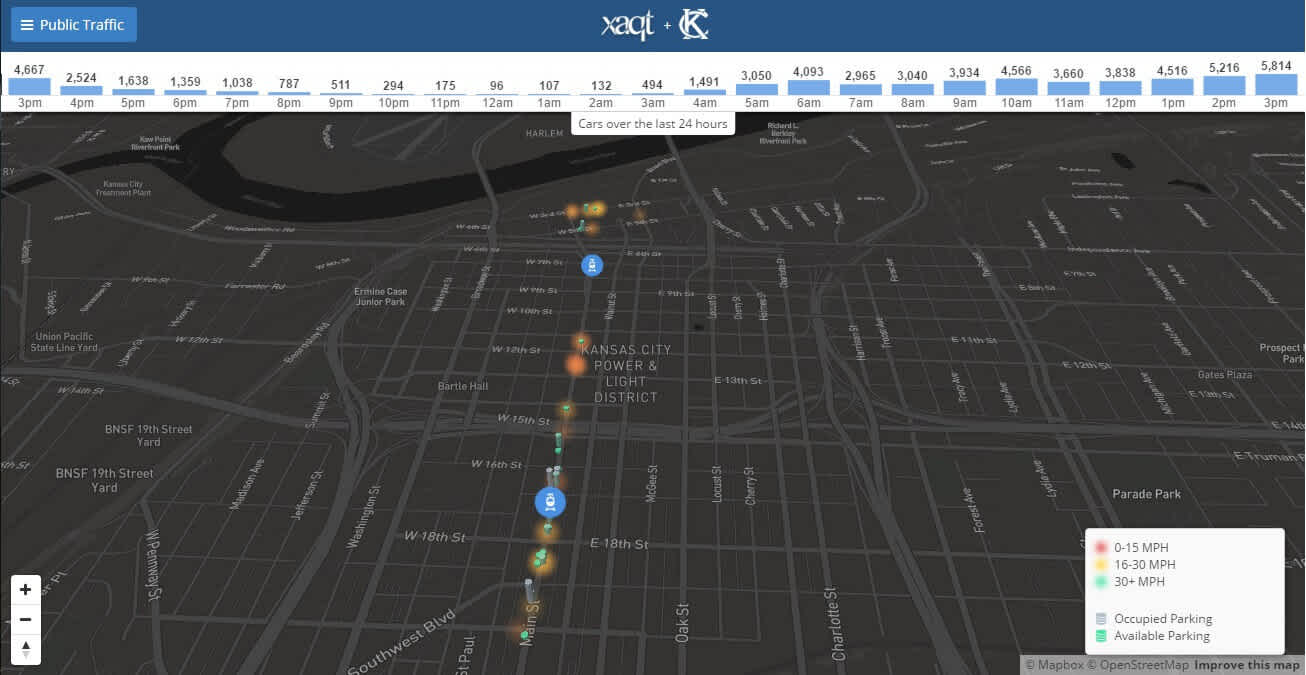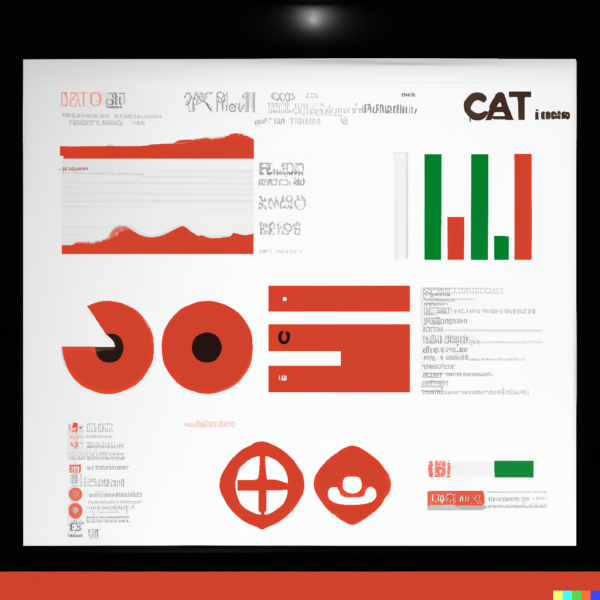Big Data, AI, data monetization, sensors, drones, blockchain or 5g anyone? It's last call.
For several months now, I've been hearing speculation and grumblings amongst technology companies about the unwinding of the Smart Cities industry. And evidence is mounting that most Cities are quietly doing the same.
- Gone are the days of flashy press releases and cities jockeying to be the "Smartest".
- Most corporations that were talking a big game and paying loads of money to sponsor conferences have restructured their solutions portfolio and dropped the Smart Cities moniker in favor of focusing on their core business (Xaqt included).
- The hype that was Columbus Smart City went exactly nowhere. Same with many other high profile initiatives.
- The vendors that are still talking about Smart Cities are only talking about the same handful of City deployments that they have been for years.
- The City of Kansas City, MO, who was arguably patient zero for Smart Cities in the US back in 2014 with their Cisco/Sprint partnership, has officially eliminated their Office of Innovation in favor of an "Emerging Technologies Board" (after killing the "mother of all Smart City RFPs" earlier this year).
- 5g isn't going to save the world any more than parking sensors did...
Have we seen peak Smart Cities? Yes, we've seen the peak. No one has scaled or found repeatability in the market. Not Cisco, not Verizon, not AT&T, not Accenture, not Xaqt. No one. The companies that have found success are those that dropped the Smart City moniker and are focused on solving acute problems instead of market making. So what gives? For starters:
- Smart Cities was primarily led by vendors selling solutions in search of problems.
- Scores of "Pilots" led to little or no measurable outcomes.
- The industry got too noisy too fast with anyone that had a shiny widget to sell jumping in.
- No one ever really knew what Smart Cities was, what it included and what the tangible benefits were.
That being said. There were, and still are, successful products and pilots that can create meaningful impact for cities and their citizens. Some of these will indeed make it to market and survive for the foreseeable future. However, the landscape still presents challenges on the path to scale. Barriers to both Entry and Adoption
- Budget - Governments are notoriously cash strapped.
- Procurement - Despite years of progress and innovation, there still are very few good ways to get through procurement processes.
- Even when technology can be budgeted for and procured, most cities don't have a way to adopt it.
What I do see is cities investing in Digitization of legacy systems such as: payments, citizen engagement and transportation. They're solving real problems with outcomes that can be measured. The technology then follows. And, despite financial challenges, they can generally find budget for things that are proven to provide a material Return on their Investment. I also see change as being incremental, rather than transformational. Solutions that solve an acute problem that require little change management are more likely to succeed. However, these incremental and quick wins will then compound over time. We're experiencing this across our customer base today. Xaqt Digital Cities - A New Era The City of Kansas City has always been a harbinger of amazing things to come for everyone else. They were our first City customer, and still our most trusted partner. Much ink has been spilled in the last few days about their decision to eliminate the CIO role and deemphasize Smart City initiatives. From my perspective, this is not the end of innovation at all, but rather a new and improved cross-functional approach to technology adoption and governance. In fact, Xaqt is still actively engaged with the City of KCMO in deploying data-driven and, dare I say, cutting-edge technologies. The process is just different. Rather than coming from a single point of origin, multiple departmental level stakeholders are involved in co-creating new solutions from the beginning. From providing insights into scooter and MDS data as it relates to mobility and transportation equity to transforming their 311 call center, change is being led from within all parts of the organization. As an example of their continued leadership, just yesterday we deployed our Cognitive Voice Automation platform to handle calls to the KlMO 311 call center from Citizens reporting streets that need to be plowed (following on the success of our existing Missed Trash Voicebot). The launch required involvement and consensus from four different departments all aligned on mutual success. Success that was measured and repeatable. Spoiler alert, it rocked and now we're expanding to the next opportunity. Learning from the failures, successes and market transitions, the Xaqt team is focusing our Smart Cities portfolio toward Digital Government and Transformation, with bringing our Cognitive Engagement and Automation platform to more governments and transit agencies as the core. A solution that improves Citizen Experience, increases government efficiency and saves the City a ton of money? Sounds pretty Smart to me...




